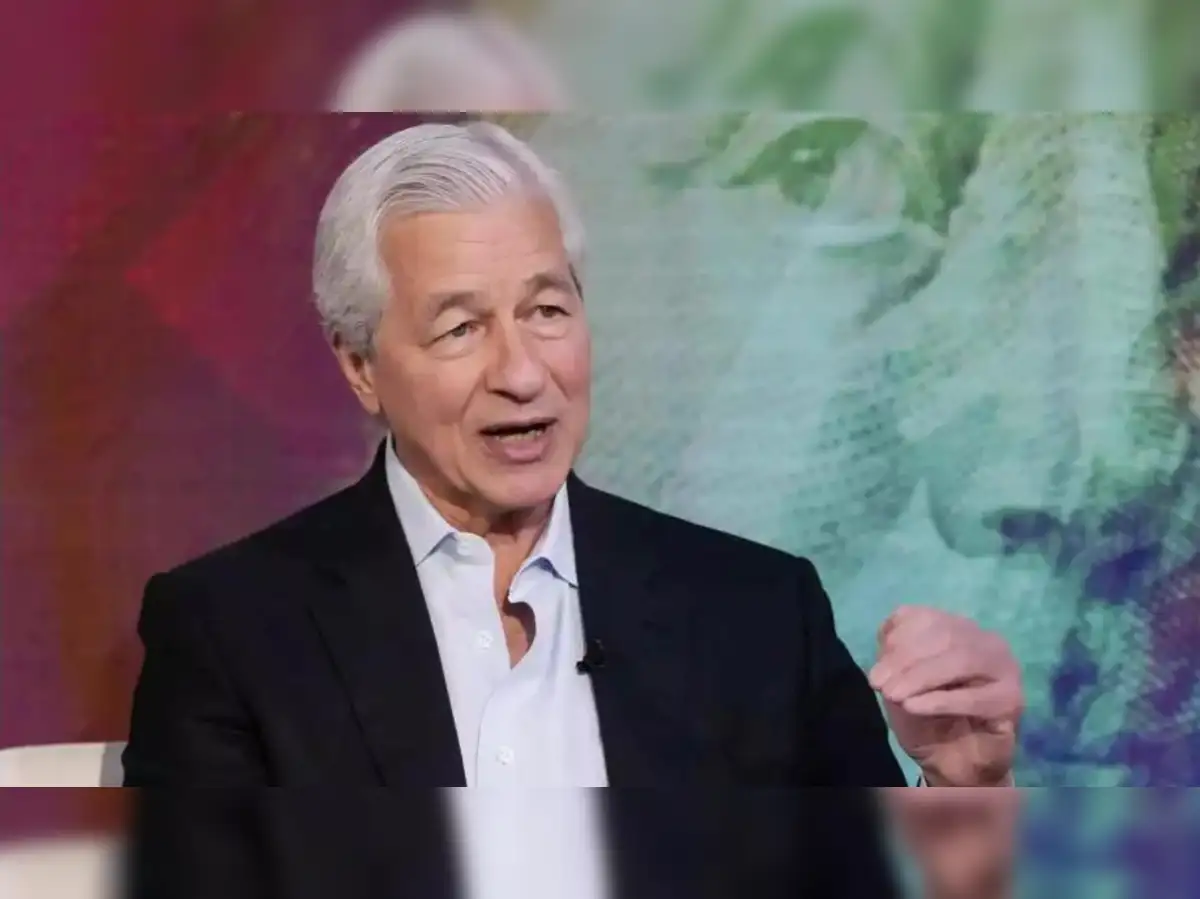Jamie Dimon, CEO of JPMorgan Chase, has voiced concerns over a possible correction in the stock market, emphasizing the need for investors to remain vigilant in the face of economic uncertainty. Dimon’s warnings come amid a mix of rising interest rates, geopolitical tensions, and uneven economic growth, all of which could impact financial markets globally. His observations reflect both caution and insight into the risks that could affect equity valuations and investor confidence in the months ahead.
Factors contributing to market volatility
Jamie Dimon has highlighted several factors that could trigger a market correction, noting that investor sentiment has been increasingly fragile. Rising interest rates, implemented to combat inflation, are having a direct impact on borrowing costs, corporate earnings, and consumer spending. These shifts can create pressure on equity markets, particularly for sectors that are highly sensitive to interest rate fluctuations, such as technology and real estate.
Furthermore, geopolitical tensions such as conflicts and trade disagreements persist in fueling uncertainty in the markets. Investors are keeping a close eye on global events that might interfere with supply chains, raise energy expenses, or destabilize financial systems. Dimon has emphasized that even small disruptions in global markets can amplify current weaknesses in investor actions, which may result in significant market fluctuations.
Economic indices are important in Dimon’s evaluation. Although some areas of the economy continue to show strength, uneven expansion and a decline in consumer activity create worries about sustainability. Corporate earnings that do not meet predictions or surprising macroeconomic figures could trigger a broader adjustment in the market. For Dimon, comprehending these underlying dynamics is essential for predicting possible changes in market conditions.
Actions of investors and handling of risks
The cautious perspective of Dimon is also linked to the actions of investors themselves. During times of extended market expansion, complacency can emerge, resulting in overpriced assets and increased risk exposure. He has urged both private and organizational investors to maintain a disciplined strategy, highlighting the value of diversification, planning for the long haul, and having realistic expectations.
Methodologies to handle risks are especially crucial in unstable markets. Dimon has promoted the need for ample liquidity, examining portfolio distributions, and readiness for unexpected market changes. By implementing anticipatory actions, investors can reduce possible losses and steer clear of impulsive choices that typically worsen market declines. His guidance highlights the value of a cautious and methodical strategy over impulsive or emotionally influenced trades.
The warning from a figure like Dimon carries weight because of his extensive experience in navigating financial crises. Having steered JPMorgan through previous periods of market instability, he draws upon historical insights to assess current vulnerabilities. His message is not intended to provoke panic, but rather to highlight that a proactive and informed approach can safeguard wealth and maintain market stability.
The role of central banks and economic policy
Central banks, particularly the Federal Reserve, are key players in the context of potential market corrections. Dimon has noted that monetary policy decisions, including interest rate adjustments and quantitative measures, significantly influence investor sentiment and market liquidity. While these actions are designed to stabilize the economy, they can also contribute to short-term volatility if market participants interpret them as signals of risk or uncertainty.
Economic policy, fiscal measures, and regulatory frameworks also intersect with market dynamics. Government decisions regarding taxation, spending, and financial oversight can either alleviate or exacerbate market pressures. Dimon’s perspective highlights the interconnected nature of these policies with broader market health, reminding investors that shifts in policy can have immediate and far-reaching implications for equity markets.
Readying for possible adjustments
For those who invest, Dimon’s advice serves as a reminder of the significance of being prepared and cautious. Market fluctuations, despite being often disruptive, are an inherent aspect of financial cycles. Traditionally, downturns have presented both difficulties and chances, allowing focused investors to modify plans, purchase undervalued assets, and reevaluate risk exposure.
Dimon emphasizes that maintaining a balanced perspective is essential. While the risk of a correction exists, the overall economic foundation remains resilient in many areas, suggesting that a measured approach to investment can yield long-term stability. Understanding market drivers, monitoring economic indicators, and maintaining diversified portfolios are practical steps that can help investors navigate periods of uncertainty.
Furthermore, Dimon highlights the importance of steering clear of decisions driven by panic. Reacting emotionally to short-term market fluctuations frequently leads to poor allocation of assets or hasty withdrawals from investments. Instead, he recommends concentrating on long-term objectives, reevaluating risk tolerance, and modifying portfolios based on thorough analysis rather than reacting to immediate market chatter.
Implications for global markets
A potential correction in U.S. markets could have ripple effects on global financial systems. International investors, emerging markets, and multinational corporations are all sensitive to shifts in equity valuations and capital flows. Dimon’s warning highlights that even localized corrections can impact global liquidity, trade, and investment strategies.
For investors worldwide, staying informed about U.S. market tendencies is crucial. According to Dimon, although a market adjustment might be difficult, it also offers a chance to adjust portfolios, handle exposure, and find strategic investment opportunities in various markets. By adopting a proactive and knowledgeable strategy, investors across the globe can more effectively manage possible instability while setting themselves up for sustained growth.
Long-range outlook and investment approach
In the end, Dimon’s warning highlights a fundamental idea in finance: the importance of staying alert, planning strategically, and being aware of risks. Although the possibility of a stock market correction might be unsettling, it underscores the importance of careful investment. Keeping a varied portfolio, staying updated on macroeconomic developments, and putting risk management practices in place are important tactics for managing potential declines.
The message from Dimon acts as a prompt reminder that shifts in the market are a normal aspect of economic cycles. By grasping the elements that lead to instability, implementing wise investment strategies, and keeping an eye on long-term targets, investors can tackle difficulties without sacrificing their financial ambitions. The guidance from one of the field’s most seasoned figures highlights that readiness, caution, and insight are the top protections against market unpredictability.
Jamie Dimon’s warning about a possible stock market correction underscores the need for careful risk assessment, strategic planning, and vigilance among investors. While markets face multiple pressures—from rising interest rates to geopolitical tensions and uneven economic growth—prudent measures and disciplined investing can help mitigate potential impacts. By understanding the forces shaping market dynamics and maintaining a long-term perspective, investors can navigate uncertainty while positioning themselves for sustainable financial outcomes.




